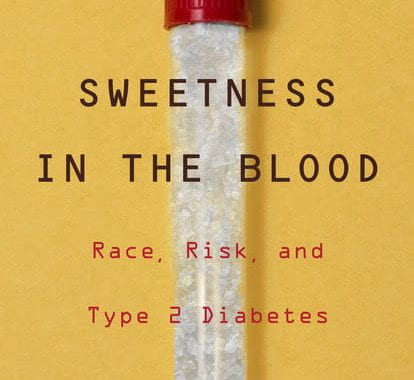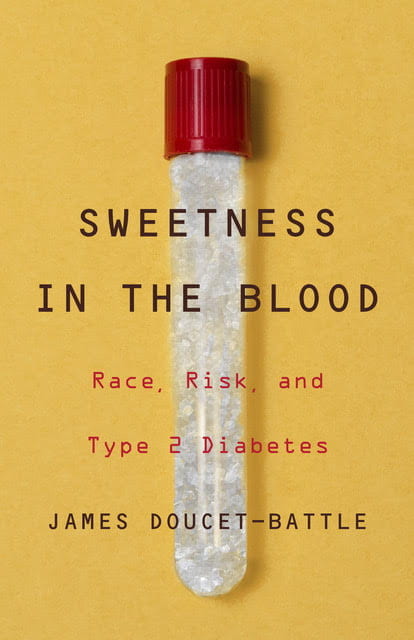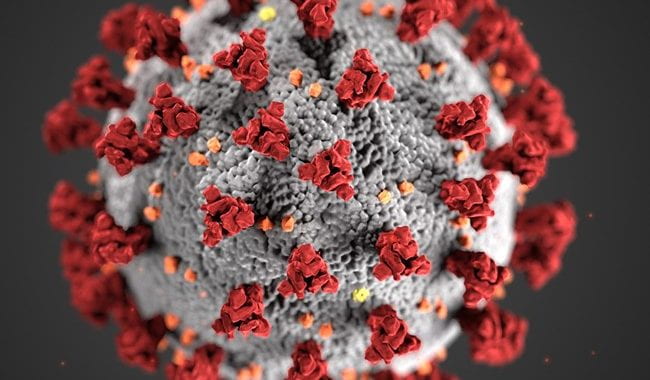Wednesday, November 15, 2023
4:00-5:30 PM
Oakes 231 + Zoom Registration
Join SJRC scholars for an open discussion of works-in-progress! This is a wonderful chance to engage with one another’s ideas, and support our own internal work! At this session, we will hear from postdoctoral fellow Anila Daulatzai on her ethnographic fieldwork with UNICEF, WHO and the GAVI vaccine alliance in Switzerland towards her research on global health architectures and polio.
Anila Daulatzai is a political and medical anthropologist. She has taught in prisons, and in universities across three continents. Her past and current research projects look at widowhood, heroin use, and polio through the lens of serial war and the US Empire in Afghanistan, and Pakistan. She has published articles in Jadaliyya, Al-Jazeera, several academic journals, and edited volumes and is a contributing member to Brown University’s Costs of War Project, since 2014. She is currently completing her book manuscript provisionally titled War and What Remains. Everyday Life in Contemporary Kabul, Afghanistan. At UCSC, Anila is a postdoctoral fellow in the history department working on the Mellon Foundation Sawyer Seminar “Race, Empire, and the Environments of Biomedicine,” a project co-led by SJRC faculty affiliate Jennifer Derr (History) and SJRC Founding Director Jenny Reardon (Sociology). More information can be found at: https://raceempirebiomedicine.sites.ucsc.edu/.




